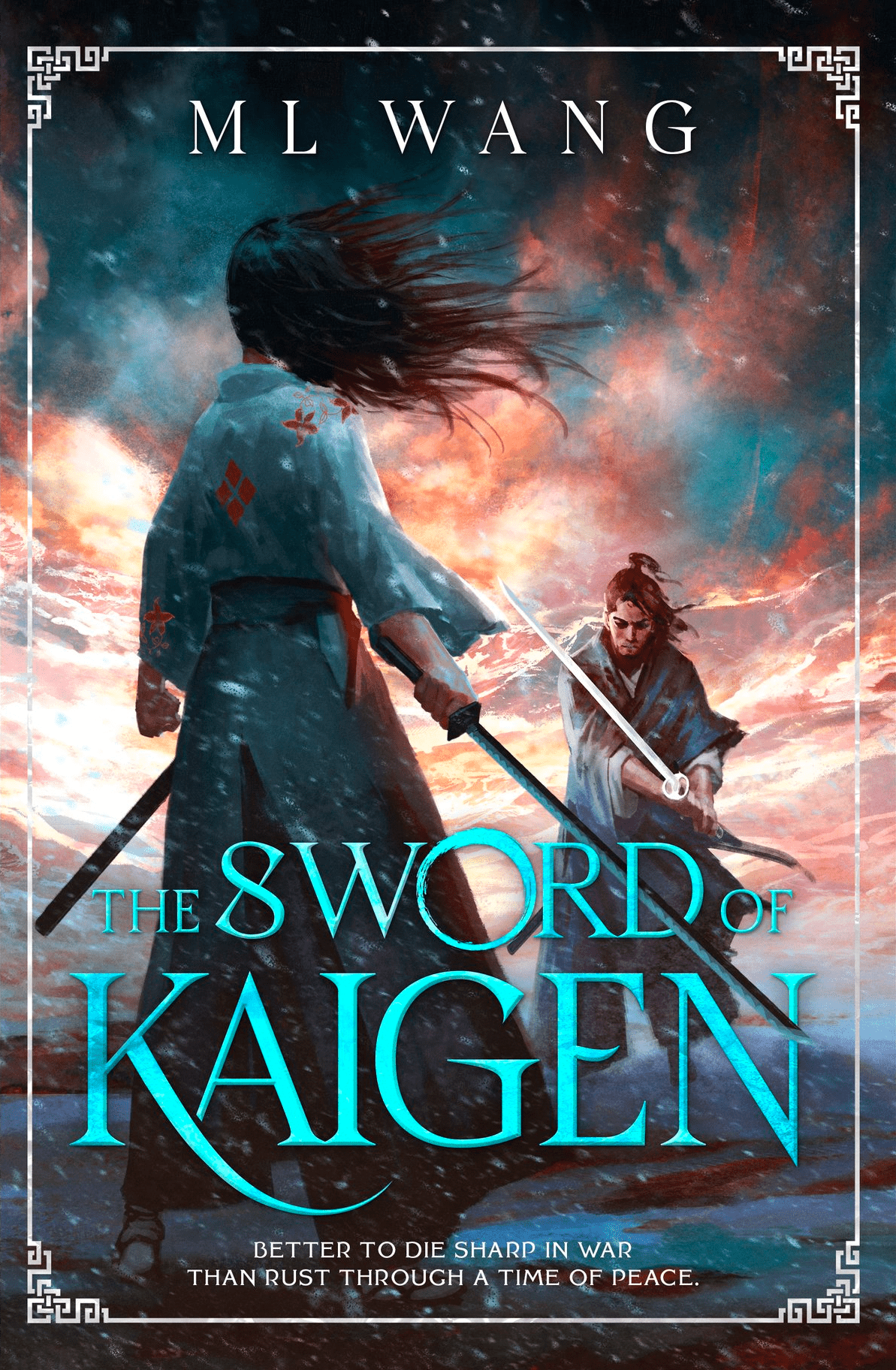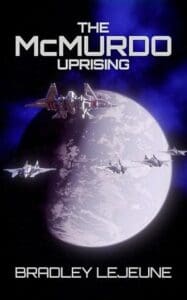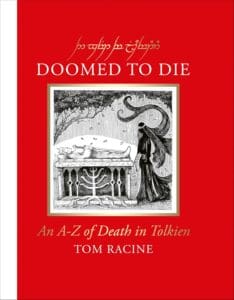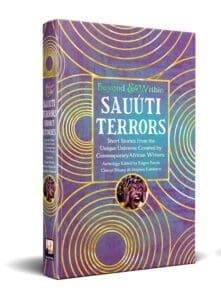
Synopsis
A mother struggling to repress her violent past,
A son struggling to grasp his violent future,
A father blind to the danger that threatens them all.
When the winds of war reach their peninsula, will the Matsuda family have the strength to defend their empire? Or will they tear each other apart before the true enemies even reach their shores?
High on a mountainside at the edge of the Kaigenese Empire live the most powerful warriors in the world, superhumans capable of raising the sea and wielding blades of ice. For hundreds of years, the fighters of the Kusanagi Peninsula have held the Empire’s enemies at bay, earning their frozen spit of land the name ‘The Sword of Kaigen.’
Born into Kusanagi’s legendary Matsuda family, fourteen-year-old Mamoru has always known his purpose: to master his family’s fighting techniques and defend his homeland. But when an outsider arrives and pulls back the curtain on Kaigen’s alleged age of peace, Mamoru realizes that he might not have much time to become the fighter he was bred to be. Worse, the empire he was bred to defend may stand on a foundation of lies.
Misaki told herself that she left the passions of her youth behind when she married into the Matsuda house. Determined to be a good housewife and mother, she hid away her sword, along with everything from her days as a fighter in a faraway country. But with her growing son asking questions about the outside world, the threat of an impending invasion looming across the sea, and her frigid husband grating on her nerves, Misaki finds the fighter in her clawing its way back to the surface.
Review
“…You learn over time that the world isn’t broken. It’s just… got more pieces to it than you thought. They all fit together, just maybe not the way you pictured when you were young.”
This book is a bit hard to review. For me, it joins the ranks of Lies of Locke Lamora, Jade City, and The Stone Sky – where I notice some detractions but ultimately, I love the book. Starting with the caveats, it is very slow initially. A good 100 – 120 pages in the beginning moves at an extremely sluggish pace and is just setting up the world and characters. People are just talking and talking at different places. The medieval setting inside the Takayubi village and the modern setting all around the world was distracting. And while many of the threads are tied up, new ones are introduced towards the end that are very interesting but are left untied (I really hope we get a Robin focused prequel or sequel someday.)
Now that that’s out of the way, let me ramble on about why this book is amazing with a capital A and why it has become an instant favorite. It is all because of Misaki. An angry mom kicking ass has become one of my favorite tropes but Misaki is so much more than just that here. The level of depth with which she has been written is phenomenal. From a rebellious teenager to a mature middle-aged wife with acceptance and all the states in between, her character arc is done satisfyingly and remarkably well. She is at/near the top of my favorite fantasy protagonists of any gender. I cannot sum up her characterization in just a few lines because she is so stunningly real. The love, anger, and pain she carries and the way her relationships with her kids and other family members are written is exceptional.
The other characters are also complex, flawed, and believable. I really enjoyed reading through the destruction of Mamoru’s ingrained bias. Some of my most favorite books have been those that elicit emotion heavily, even if the emotion is anger or hate. Almost everyone hates Umbridge more than Voldemort because she is not an abstract villain, she is a relatable, everyday evil and feels all the more real for it. There are some characters of the same vein in this book that I hate with similar fervent passion. There are certain chapters I read that left me absolutely and literally fuming.
Travis Baldree had a twitter thread about fight scenes where books with a lot of fight scenes have to work very hard to avoid tedium. It is a great thread and with a lot of good points but at that time I did not understand it very well because I’ve mostly enjoyed all the fight scenes in all the books. But recently I read another book with lots of fight scenes and it was very boring. By contrast, in Sword of Kaigen every fight scene was excellent. There’s an extended battle scene for about 150 pages in the middle but it was thrilling and kept me engaged throughout. It wasn’t just flash and pop (although there was plenty of that.) There were so many epic moments, and moments of character development, physical and emotional stakes, twists, turns and POV switches – all on point. There’s also a duel scene later that is chef’s kiss. Both the participants go through so much character transformation and their perspectives are permanently altered. It was electrifying.
The magical system is also done really well. It is an elemental magical system and the way it ties into the individual combat, warfare, and family traditions is excellent. There are also other fantastical elements like an unbreakable glass katana, berserk mode, and ice sharper than steel. There were also multiple languages and specific terms and names that I had to look up the glossary for. The dialogues were also italicized when spoken in a particular language. I found none of this confusing or distracting though. In my opinion, it enriched and added to make the world feel more real. I was even able to pick up some of the words’ meaning without waiting for the translation sentences or glossary because I’m familiar with the original influences from where those words have been taken. There were also so many small touches everywhere such as different gendered dynamics in different continents. All these small touches and more pulled me into the story in a way that very few books did. I got emotionally invested like Kaigen is a real place and I care about the characters and what happens to the land, etc. This despite me still not liking some of the main characters and many of the village people too. Even by the end of the book they are not redeemed in my mind, I only have the beginnings of understanding why they are the way they are.
Again, concluding this review is very difficult, so I’m going to let Fonda Lee do it for me-
“The term epic fantasy conjures an expectation of vast continents, kingdoms and armies, the rise and fall of nations. But there is also an epic scale to be found in a single life. In the seasons of a marriage. In seeing one’s children grow into adulthood. In passing hopes and dreams, as well as burdens and sorrows from one generation down to another.”
This book is a perfect example.








Leave a Reply